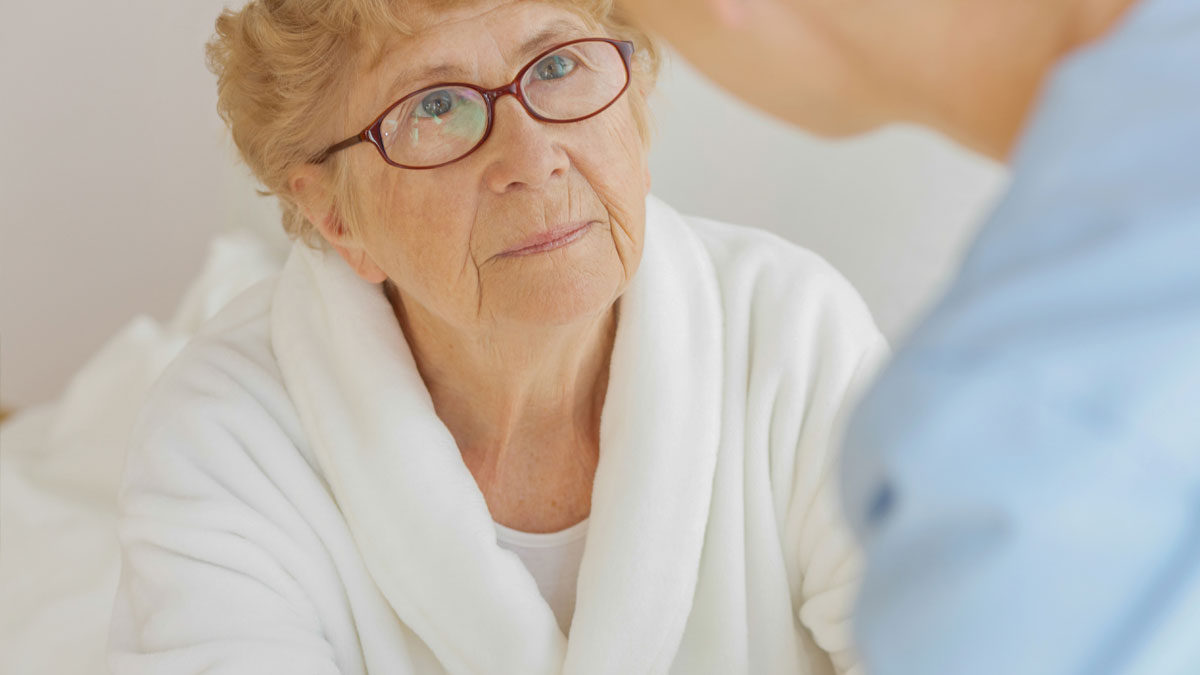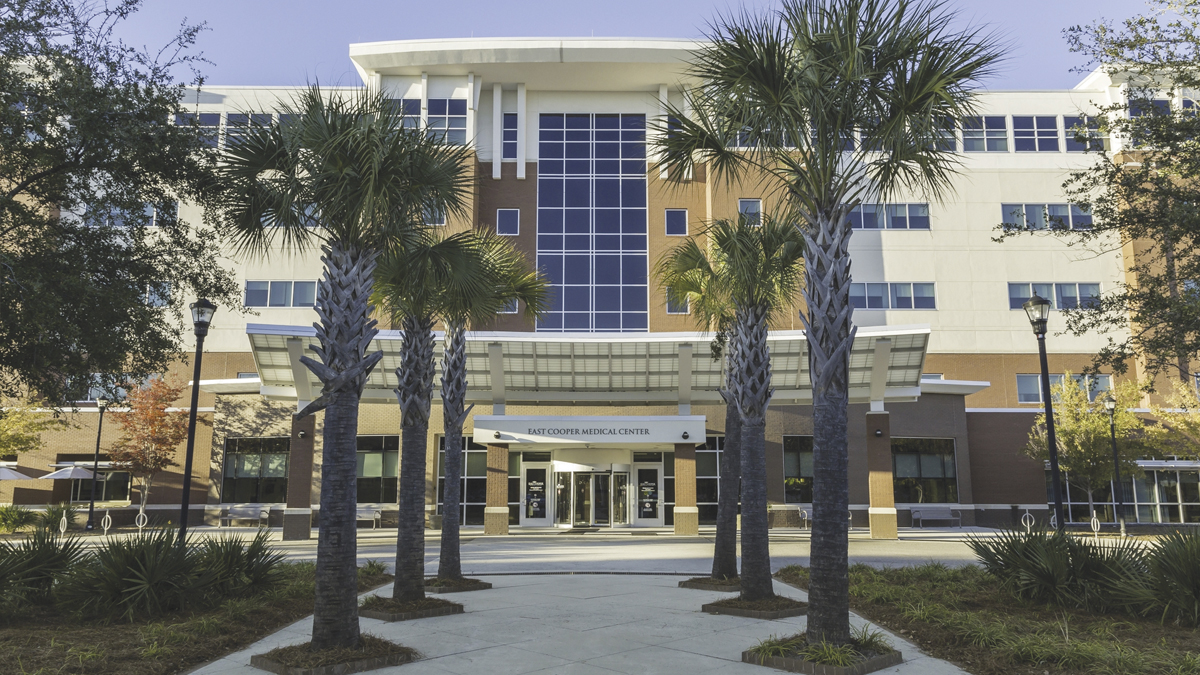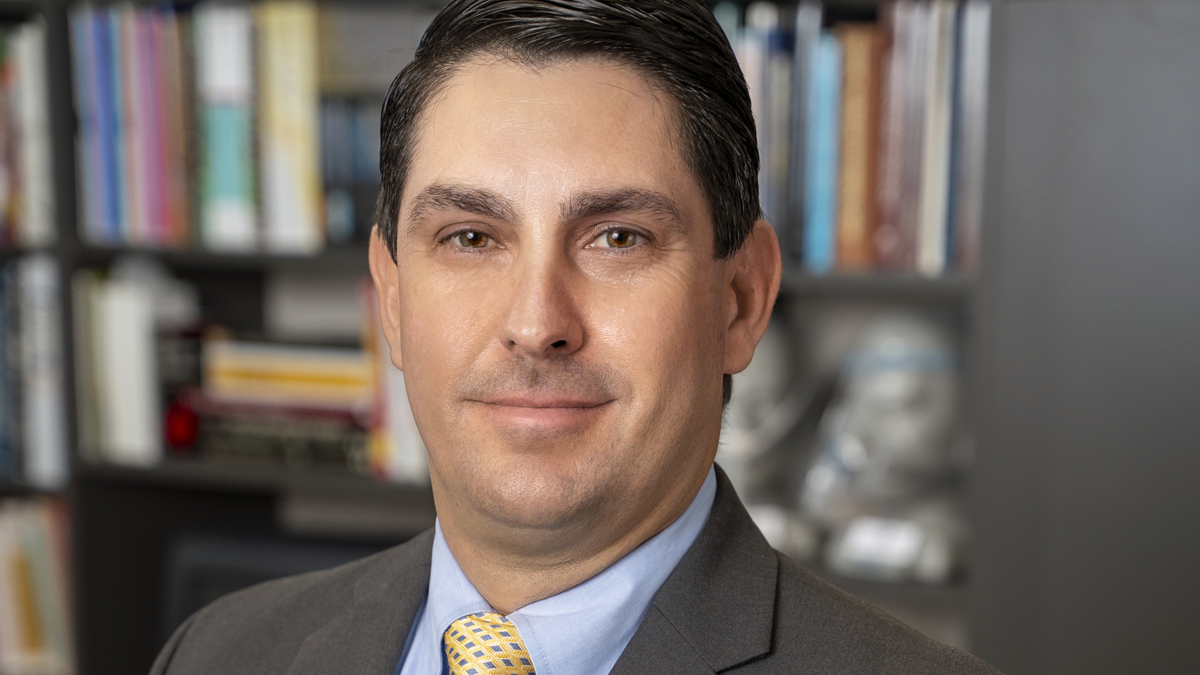The population of aging adults in the United States is growing at an eye-opening rate, bringing to the forefront the issue of care for seniors.
In 2010, the Federal Interagency Forum on Aging-Related Statistics estimated 40 million people in the United States – 13% of the population – were over 65, and by 2030 that number is expected to reach 71.5 million, or 20% of the population. With that growth comes an increase in seniors with Alzheimer’s disease and the necessity of their care.
“We need to really be a student of our loved ones and see what’s changing in them,” said Denise A. Kish, administrator at JEA Senior Living, a nationwide group of senior care services that runs the Mount Pleasant Gardens Alzheimer’s Special Care Center. “We also have to change to meet them where they’re at in this progression.”
One of the biggest misconceptions, according to Kish, is the belief that all seniors with Alzheimer’s forget everybody.
“Yes, some of them do,” she explained. “But most of them will remember that they know you and recognize you. Even if they might not remember your name or your relationship to them – they may think a son is their young husband – they know that you are someone they love. If we approach with love, they will connect to that. They remember love in a strong way.”
Acclimating to the new logistics of life with Alzheimer’s can be daunting. For families witnessing their loved ones suddenly neglecting something they used to do routinely – something like showering – or suddenly developing an affinity for something they never liked, such as drinking coffee, can be alarming. In these cases, Kish urges patience and flexibility.
“We have to throw out what we knew as their classic behaviors and try different things that are creative to ensure that their basic needs are still met, but we have to go with them,” she spoke from experience. “Their brains are changing so their routines and preferences will change.”
“At Mount Pleasant Gardens, an Alzheimer’s special care center, we focus a lot on each resident’s life story and their behaviors. What are the things they like to do throughout the day?” said Kish. “Creating joy is the heart of our care.”
Residents need to enjoy all parts of life: exercise, music, art, work, games, cooking, friendly conversations – those are still important parts of care.
What doesn’t change? The human need for love.
“Their biggest basic need is love that we continue to give them,” said Kish, who explained that including family members in care is a main tenant of their work at Mount Pleasant Gardens. She recommended the book “Keeping Love Alive While Memories Fade” by Gary Chapman for loved ones seeking advice.
Clinical studies have proven the importance of personal support to mental health, too. A landmark study in 1988 found that seniors with fewer meaningful contacts and less social support from relatives had consistently higher levels of depression and more reports of unsatisfactory quality of life.
One resident has really touched her and her staff.
“Day in and day out, one man at the center is mostly silent, who only can say a few words. So much has either left his memory or expression, but when his wife visits, his whole world changes. He can’t pronounce her name any more, but as soon as she walks in the door, you can see his entire body soften and he’ll just follow her with his eyes,” said Kish in awe. “It is so sad, but I hate to say it’s sad because it is also the most beautiful thing I have seen. Alzheimer’s patients still love. That is something we cannot forget: they need our love.”
For more information on the Mount Pleasant Gardens Alzheimer’s Special Care Center, visit www.jeaseniorliving.com or call 843-212-0378.






